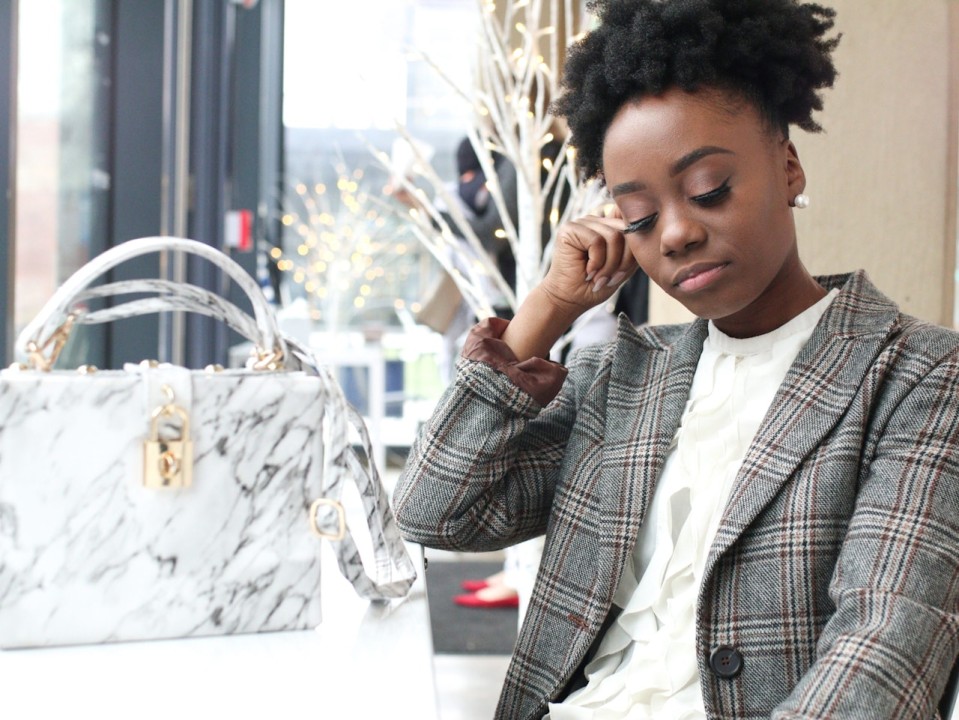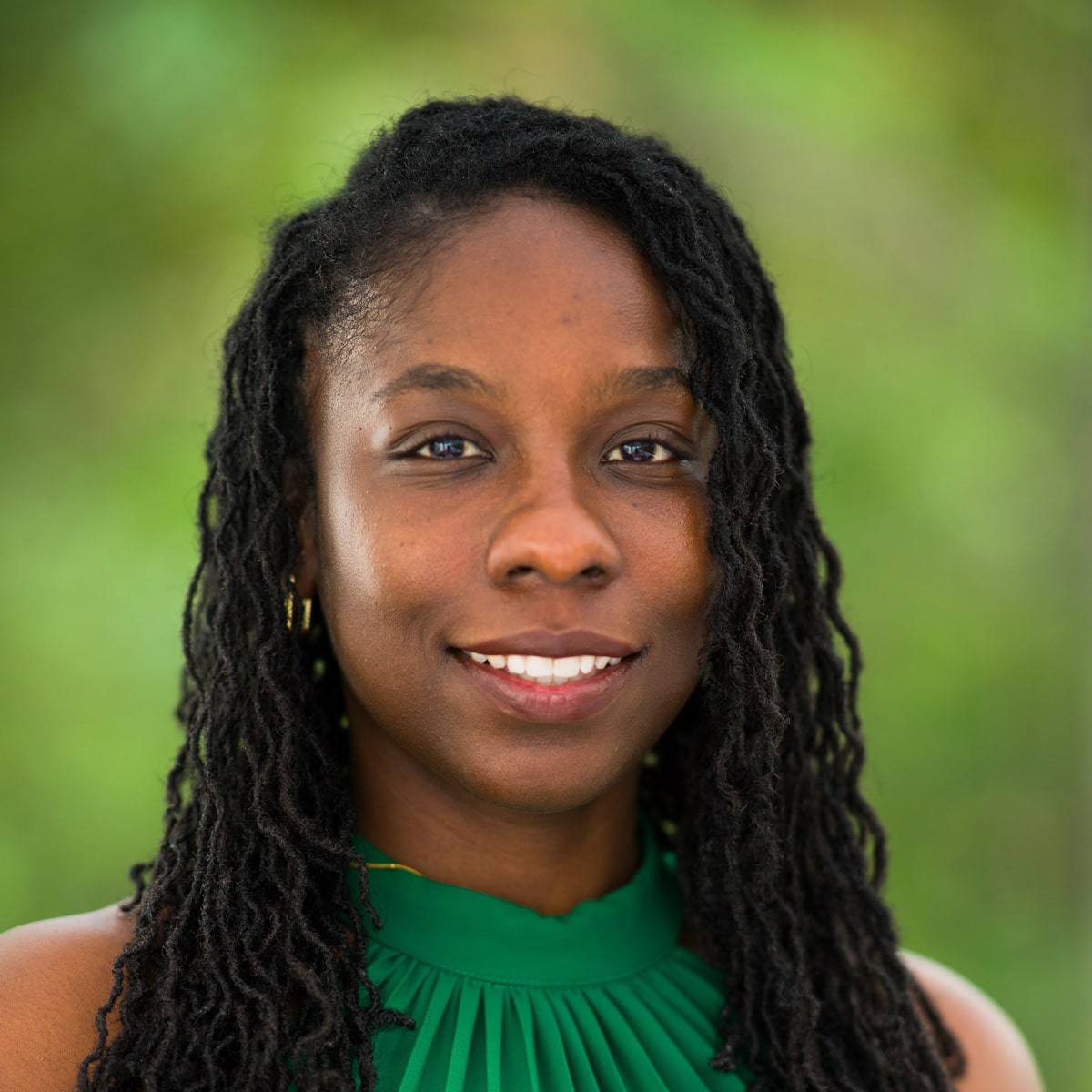When Hope Hurts: The Unseen Consequences of Trying to Change Others


As someone deeply invested in supporting mental wellness in Black communities, and elevating Black minds through mental health I’ve come to see hope as a powerful tool—not just a feeling, but a process that involves setting personal goals and taking steps to achieve them. This perspective on hope is essential, especially when we think about how we use the word in everyday life.
We often express hope for others, wishing they would find wellness, change, or grow. But it’s important to remember that our hope for someone else doesn’t automatically make them want to change. People have their own reasons for making changes, and our hope alone might not be enough to spark that motivation. This is why it’s crucial to see hope as something active, not just a passive wish.
Initially, when we hope for someone else, we might try to be the driving force behind their change. We invest our energy, believing that our actions will lead to their transformation. However, when the desired change doesn’t happen, we can slip into a pattern of magical thinking. This is where we start expecting that just because we hope for something, it will come true, even if reality shows otherwise. This kind of thinking can be unproductive, might keep us stuck in unhealthy situations, or may cause us to develop resentment .
True hope, on the other hand, involves having a clear vision for ourselves and being willing to put in the effort to create the life we want. It also means accepting that what we wish for others might not happen and deciding how to move forward with our own goals and dreams.
Throughout the African diaspora, the active nature of hope has been a sustaining force within Black communities. It has fueled liberation movements, driven cultural advancements, and strengthened relationships and families. Hope has been a powerful catalyst for change and resilience. However, it’s important to recognize that anything, including hope, has the capacity to both harm and heal. Striking a balance is essential. Yes, it’s okay to hope, but it’s crucial to be mindful of when your hope might be causing harm or enabling another to continue harming. When engaging in hope, be clear about what you’re willing to sacrifice and adjust your actions to align with the hopes you have for yourself and your community. Be intentional with your hope. This process is undoubtedly easier said than done, but it’s a healthier path once achieved.



